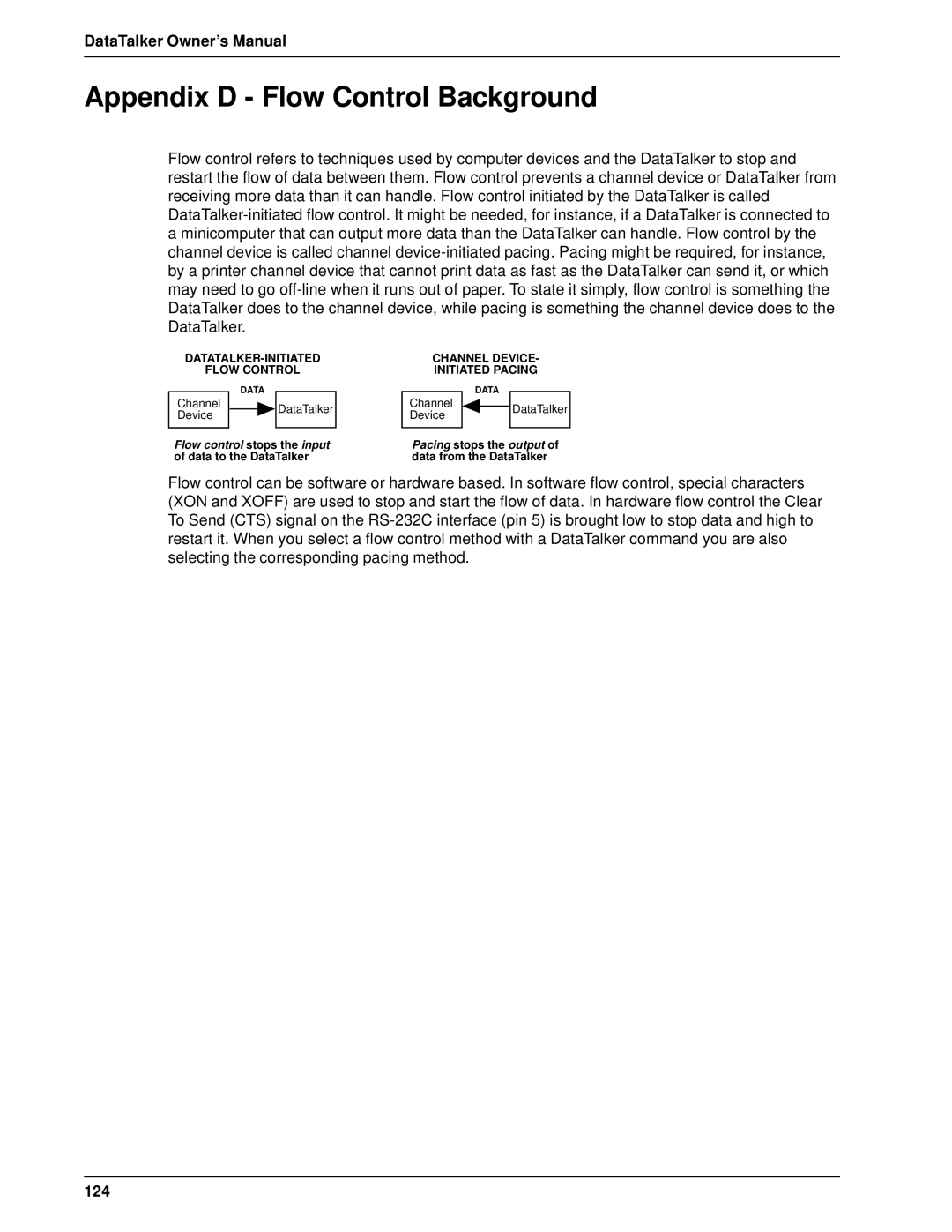Data/Voice/Fax Concentrator
DataTalker Series
Record of Revisions
Patents
Trademarks
Contents
Unpacking and Configuration
Installation
Troubleshooting
Warranty, Service and Tech Support
Glossary Index
Page
Introduction and Description
Configuration Examples
Introduction
About This Manual
Introduction
Unpacking and Configuration
Installation
Troubleshooting
Service, Warranty and Tech Support
Product Description
+++ATCR
Introduction and Description
System Features
Diagnostics
Operational Statistics
FCC Regulations for Telephone Line Interconnection
Canadian Limitations Notice
Specifications
System Control Command Port
Async Data Channel
Sync Data Channel
Internal Modem
Internal DSU
Isdn Terminal Adapter
Voice/Fax Channel
Desktop Models
Electrical/Physical
Rack-mount Models
Configuration
DataTalker Configurations
Valid Voice/Fax Configurations Description
Configuration
Configuration 1 Dial-Up Link
Home Office
Quick Setup
AT$D1 CR
DOD/DOI
Page
Configuration 2 MMH900 Series with Voice/Fax
Adding Voice to Data-Only Network
CTS
Composite Link Settings Internal DSU Speed
Configuration 3 LAN to LAN
Ethernet Concentrator
CTS
Enter
DOI
Remote Site
Configuration 4 PBX to PBX
Local Site
FXS
DOD/DOI
Front and Rear Panel Descriptions
LED Indicators
Indicators
Data/Command Indicators
Front and Rear Panel Descriptions Voice/Fax Channels
Composite Link Status
Page
Connectors
VOICE/FAX Channel 1 E&M Connector
8 DSU/TA Digital Connector
Modem Leased Connector
Modem DIAL-UP Connector
Front Panel Switches
Switches and Shunts
Power Switch
4 RS232C/V.35 Shunt
DIP Switch
Position
Unpacking and Configuration
Unpacking
Unpacking
Configuration Summary
Data Port Configuration Considerations
Voice/Fax Channel Configuration Considerations
Composite Link Configuration Considerations
Configuration Procedure
Configuration Procedure
CTS
Voice/Fax Channel Configuration
Composite Link Configuration
DOD/DOI
DOI
Page
Installation
Cabling Procedure
Step Procedure Composite Link
Device DIP Switch
Cabling
Installation MMH2834 Modem, Leased Line
Isdn Terminal Adapter
Data Channel
External Modem, DSU, or Isdn Terminal Adapter
Voice/Fax Channel
Installation
PBX Connection
Step Procedure
V.35 Shunt Procedure
V.35 Shunt
Power-On and Checkout Procedure
Power-On and Checkout
Composite Link Device
Composite Link
Installation Voice/Fax Channel
Page
Menus
Configurations Menu
Data Port Configuration
Menus
OUT
Sync Data Port Configuration
NRZ
Voice/Fax Channel Configuration
Voice/Fax Channel 1 Configuration
Configuration Local Remote
Page
Composite Link Configuration
Composite Link Settings Internal MMH2834
Selection
Composite Link Settings Internal 56K DSU
Composite Link Settings Internal TA
Enter the number of minutes P Previous Menu
Composite Link Settings External Device
Statistics
Reset Options
Diagnostic Tests
Loop Tests
Voice Loopback Test
Internal DSU Test
External Device Test
Configure Remote Unit
1 MMV8/16/32 Configuration Options
Quick Setup
Do you wish to continue y/n?
Main Office Installation
MMH2834 Modem Dial-up
MMH2834 Modem Leased Line
Digital DSU
DATA/COMMAND
Home Office Installation
DATA/COMMAND
Troubleshooting
Importance of the Composite Link Statistics Report
Troubleshooting
Test Cables
Troubleshooting Guide
Command Port Troubleshooting
Composite Link Troubleshooting Internal DSU
Solution
XMT, and RD LED on
Composite Link Troubleshooting Internal DSU
Internal Isdn Terminal Adapter
Internal MMH2834 Modem
Solutions
External Composite Link Device
Async Data Channel
Data Channel Troubleshooting
Sync Data Channel
Voice/Fax Troubleshooting
Voice/Fax Troubleshooting
Composite Link Settings Internal DSU
Composite Link Settings Internal DSU
Composite Link Settings Internal Isdn Terminal Adapter
Composite Link Settings Internal Isdn Terminal Adapter
100
StepProcedure
Composite Link Settings Internal Modem
101
Composite Link Settings External Device
102
Composite Link Statistics
Composite Link Statistics
103
104
10. Data Port Configuration
10Data Port Configuration
105
106
NRZ
11. Voice/Fax Channel Configuration
Voice/Fax Channel Configuration
107
108
FXS
12. Diagnostic Testing
12Diagnostic Testing
109
110
Warranty, Service and Tech Support
On-line Warranty Registration
Limited Warranty
112
Service
Warranty, Service and Tech Support
Tech Support
Recording DataTalker Information
To log on to the Multi-Tech BBS
Multi-Tech BBS
To Download a file
About the Internet
115
116
Appendixes
Appendix a Ascii Conversion Chart
118
Appendix B RS-232C Interface Specification
Appendix B RS-232C Interface Specification
119
Channel Cables
Appendix C Cabling Diagrams
120
Composite Link Cabling
Appendix C Cabling Diagrams
121
3 4 5 6 7
122
Voice/Fax Channel Cable
Voice/Fax Channel Connectors
DSU Back-to-Back Cable
Appendix D Flow Control Background
124
Appendix E MMH2834 Modem S-Registers
Number of Rings Until Modem Answers
Wait Time for Dial Tone
Pause Time for Comma
S13 Remote Configuration Escape Character
S19 Dial-Back Timer
S11 Tone Dialing Tone Spacing and Duration
S18 Automatic Leased Line Restoral
Appendix F MMH2834 Modem Commands Introduction
MMH2834 Command Summary
Appendix F MMH2834 Modem Commands
127
E15
128
Dialing Action Commands
Dial Command
Continuous Redial
Dialing a Stored Number N
Dial Modifier Commands
Pulse or Tone Dial P
Set Pulse Dial Ratios &P
Automatic Pauses in Dialing
Reverse the Mode of Operation R
Wait for New Dialtone
Flash On Hook
Calling Card Detect Tones
Phone Number Memory Commands
Storing Phone Numbers
Number Linking
Listing Numbers Stored in Memory
Configuration and Default Storage Commands
Loading Factory Defaults &F
Modem Reset
Async/Sync Mode Switching
Command Response Result Code Commands
Echo Command Mode Characters
Result Codes Enable/Disable and No Response Answer
Result Codes Multi-Tech or Standard AT
Result Codes Basic and Extended and Call Progress Selection
Result Codes Verbose/Terse
135
136
Phone Line Conditioning Commands
RS232C Interface Control Commands
Error Correction Commands
Mode Select
Auto-Reliable Buffering
138
Enable/Disable Auto-Reliable Fallback Character
Error Correction/300bps
Retransmit Count
139
Compression and Maximum Block Size Commands
Data Compression
Maximum Block Size
140
Speed Conversion $BA
Speed Conversion Commands
Modem Baud Rate $MB
Serial Port Baud Rate
AT$SB115200
= 115,200 bps
142
Immediate Action Commands
Help Screens $H
Inquiry for Product Code
Listing Current Operation Parameters L5, L7
Listing On-Line Diagnostics
144
Glossary
Glossary
145
146
147
148
Format
149
Parameter
150
151
Index
152
Index
153
42, 56
154

